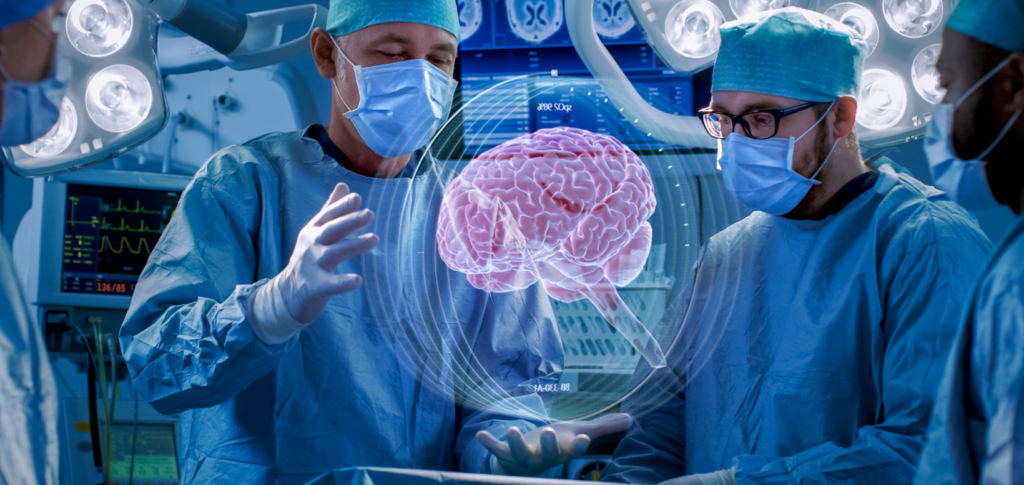Often during surgery to remove brain tumors, doctors face an agonizing decision: cut away some healthy brain tissue to ensure complete removal of the tumor, or give a wide margin to the healthy tissue and risk leaving some of the malignant cells. back.
ADVERTISING
But now, scientists in the Netherlands report using artificial intelligence (AI) to provide surgeons with information about the tumor that could help them make that choice.
The method, described in a study published this Wednesday (11) in the journal Nature, involves a computer that scans segments of a tumor's DNA and identifies certain chemical modifications that can provide a detailed diagnosis of the type and even subtype of the brain tumor.
In the future, researchers hope that the method can also guide doctors in personalized treatments for a specific tumor subtype.
ADVERTISING
“It is imperative that the tumor subtype is known at the time of surgery,” said Jeroen de Ridder, associate professor at the Center for Molecular Medicine at UMC Utrecht. “What we were able to do is allow this very detailed, robust and refined diagnosis to be carried out during surgery.”
The learning system, called Sturgeon, was first tested on frozen tumor samples from previous brain cancer surgeries. It accurately diagnosed 45 of 50 cases within 40 minutes of starting genetic sequencing. In the other five cases, he refrained from offering a diagnosis because the information was unclear.
The system was then tested in 25 live brain surgeries, most of them performed on children, along with the standard method of examining tumor samples under a microscope. The new approach provided 18 correct diagnoses and did not reach the necessary confidence limit in the other seven cases.
ADVERTISING
It provided diagnoses in less than 90 minutes, according to the study, a time curto enough to influence decisions during surgery.
Currently, in addition to examining brain tumor samples under a microscope, doctors can send them for more complete genetic sequencing. But not all hospitals have access to this technology. And even for those who do, it can take several weeks to receive results.
Brain tumors are best suited to be classified based on the chemical changes that the new method analyzes; Not all cancers can be diagnosed this way.
ADVERTISING
The new method is part of a broad movement that aims to bring molecular precision to tumor diagnosis, allowing scientists to develop targeted treatments that are less harmful to the nervous system.
Read also





